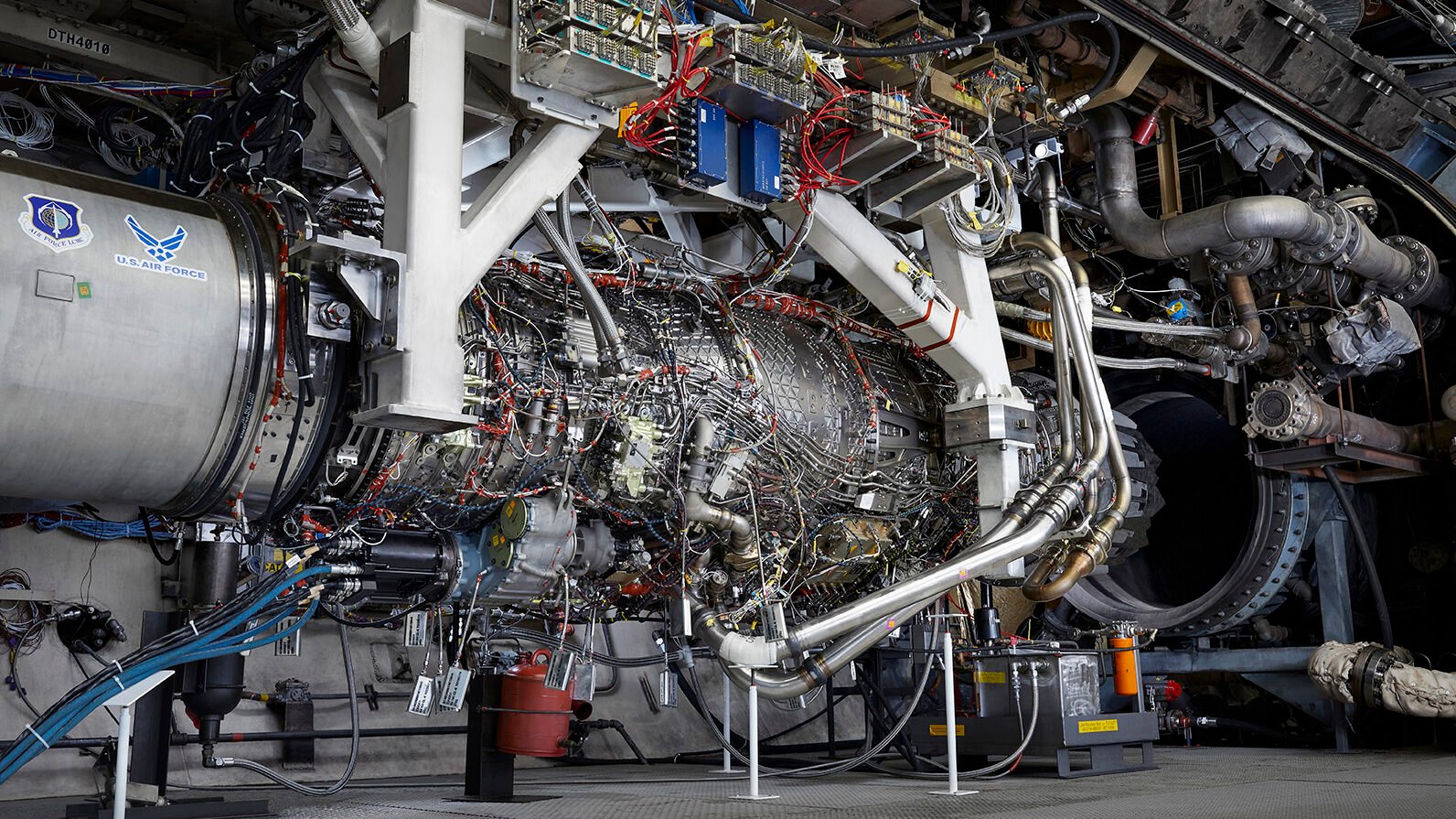SOURCE: RAUNAK KUNDE / NEWS BEAT / IDRW.ORG


The Indian Air Force’s modernization plans have hit a significant roadblock with GE Aerospace’s inability to meet its engine delivery commitments for the Tejas Mk1A fighter jet. The US engine giant is currently running a substantial 10-month delay, casting a long shadow over the indigenous fighter program.
While GE attributes the setbacks to global supply chain disruptions, particularly in procuring critical materials like titanium, industry sources point to idrw.org it deeper-rooted issues within the company. The aviation sector, in which GE is a major player, was severely impacted by the COVID-19 pandemic, leading to mass layoffs, including a 10% cut in its US workforce.
The timing of these challenges coincides with GE’s decision to split into three independent companies, a move finalized in April 2024. GE Aerospace, the newly formed entity, is now solely focused on the aviation business. However, the company’s market position appears to be weakening. While it continues to supply engines for the F-18 Super Hornet, orders for this variant have been dwindling. Although it has secured export deals with Korea and Sweden, these countries have established local production lines, limiting the US manufacturing facility’s output.
In stark contrast, rival Pratt & Whitney has solidified its dominance in the military engine market. The company powers both the F-35 and F-15E Strike Eagle, underscoring its competitive edge.
The F-404 engine delay has far-reaching implications for India’s defence preparedness. The Tejas Mk1A, designed specifically for this engine, has no viable alternative. The indigenous Kaveri engine is still years away from production readiness, and the once-considered RD-33 is no longer a feasible option.
HAL, the state-run aerospace company responsible for Tejas production, is in a precarious position. Despite the engine shortage, it continues aircraft assembly, hoping to integrate the F-404s as soon as they become available. However, prolonged delays could force a reevaluation of the program, potentially leading to significant cost overruns and schedule slippages.
This crisis highlights the critical need for India to reduce its reliance on foreign defence equipment and accelerate its indigenous development programs. The Tejas program, while facing setbacks, represents a crucial step towards self-reliance in the defence sector. Overcoming the current challenges and ensuring the timely delivery of the Tejas Mk1A is imperative for India’s national security.
NOTE : Article cannot be reproduced without written permission of idrw.org in any form even for YouTube Videos to avoid Copy right strikes. Websites doing illegal reproductions will get DMCA and Legal Notices.